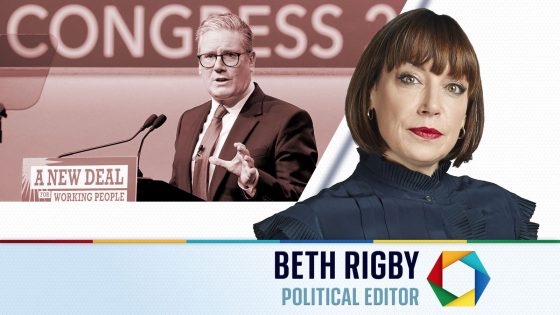Buying a car can be a very pricey affair, but finding ways, tips and hacks to alleviate the potential sticker shock can help — and figuring out whether there are specific times of the year that are worse than others for such a big purchase can be one of them.
To put this in context, the average cost of a new car was $48,389 in May, according to Kelley Blue Book. And while this is 1% lower than a year ago, it is still a startling increase from what buyers paid for a car in 2020: $38,961, according to The Zebra.
What’s more, car loans are the second-largest debt category after mortgages, and the monthly average amount was $735 in the first quarter of 2024, according to LendingTree.
For You: These 10 Used Cars Will Last Longer Than an Average New Vehicle
Find Out: 7 Reasons You Should Consider a Financial Advisor Before Making a Big Investment
Against that backdrop, are there specific months to buy a car that could make a difference in your wallet? And while conventional wisdom suggests the end of the year is a particularly beneficial time to make the jump — is that truly the case?
“[There’s] a common myth in the world of cars that December is the best time to buy,” said Scott Lieberman, founder of Touchdown Money. “It’s the end of the year, and dealers are anxious to make space for next year’s models, right? Wrong.”
Here are a few reasons why you should not buy a car at the end of the year, according to experts — and some suggestions as to when you should buy a car.
Earning passive income doesn’t need to be difficult. You can start this week.
Low Inventory — Fewer Choices
There are a few reasons why one should consider not purchasing a car near the end of the year, and one of them is because at that point, inventories tend to be at their lowest, and thus there’s less choice to be had, said Peter C. Earle, senior economist at American Institute for Economic Research.
“If you’re going to spend the kind of money that one does for a vehicle, preferences ranging from color to make/model should be met,” added Earle.
Check Out: Car Experts Recommend These 9 Used German Cars for Maximum Reliability and Longevity
Less Competitive Prices and Outdated Tech
In addition to low inventory, another consequence of dealerships making room for new models is that they may offer less competitive prices on older models.
“So, consumers may end up paying more for a car at the end of the year compared to other times,” said Michael Collins, CFA, founder and CEO of WinCap Financial.
In addition, Collins noted that the cars being sold toward the end of the year may be using outdated technology or features compared to newer models that will be coming out soon and could result in buying a car that is no longer up-to-date.
Earle echoed the sentiment, arguing that new model year vehicles are typically introduced in the fall and sell out rapidly.
In turn, he said, if consumers settle for an older vehicle, they are likely sacrificing not just their tastes, but also advancements in efficiency and performance. “Possibly safety, as well,” he added.
It’s an Expensive Time of the Year
Another reason why it might not be a financially sound idea to make this purchase at the end of the year is that it’s an expensive time in general.
“From Thanksgiving and Black Friday through the holidays, end-of-year celebrations and New Year’s Eve,” said Earle.
Adding a significant expense, such as a car purchase, could cramp other spending and add stress or frustration to what is already a hectic, high-cost period for many, he added.
Less Ability To Negotiate
As Justin Haywood, CFP, president and cofounder of Haywood Wealth, said, the late-year promotions run by dealers cause increased demand. “With higher demand and lower inventory, dealers will be less likely to negotiate,” he added.
Lieberman agreed, saying that “everyone is buying” at that time.
“Lots of people love the idea of a big, expensive Christmas gift of a new car,” he said. “If you won’t meet the dealer’s price, someone else will.”
Are There Better Times To Buy a Car?
According to Lieberman, May and October are great times to buy.
“Buying in May means you get Memorial Day savings before the summer buying season, and buying in October lands you great deals on last year’s model,” he said. “If you can afford to be patient, these are the best times to purchase.”
Meanwhile, Collins added, dealerships often have sales quotas to meet at the end of the month or quarter, so they may be more willing to negotiate and offer discounts.
“Toward late summer and early fall, dealerships are trying to clear out their current inventory to make room for new models, making it a good time to find deals and discounts on current models,” he said, adding that dealers also offer special promotions and discounts during holidays like Memorial Day, Labor Day and Presidents Day.
Finally, getting even more granular, there are specific days that are better to buy a car.
Renee Horne, chief marketing officer and customer experience officer at Chase Auto, said that early in the week, particularly Mondays, typically bode well for shoppers, as they are usually slower, allowing salespeople to spend more time working with you in getting the right deal.
More From GOBankingRates
This article originally appeared on GOBankingRates.com: 4 Reasons You Should Not Buy a Car at the End of the Year
Source Agencies

